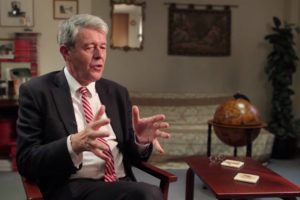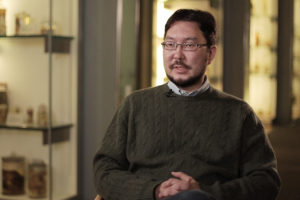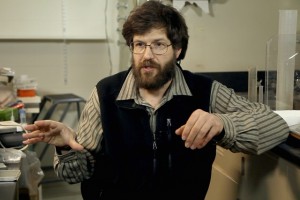Dynamic Causal Modelling
Neuroscientist Karl Friston on functional specialization of different brain areas, brain hierarchy, and the co...
What is done with the information currently gathered from patients in hospitals? What disciplines are involved in biomedical signal processing? Professor of Electrical and Biomedical Engineering at MIT, Thomas Heldt, on ways we can improve healthcare.
We now live in a world where a lot of data is being collected from patients. Particularly from patients in critical care units, who are critically sick, and I cared for intensive care units. So much data is being collected that the clinician does not have the opportunity to actually screen all of this data. A lot of the data, especially the physiologic data, is collected continuously from the patient. It’s put up on a screen, and there might be some rudimentary algorithms that are applied to this data. But largely that data is being discarded, but it’s a great wealth of information about the state of the patient. Biomedical signal processing allows us to extract valuable information from these data streams.
So now we have a great opportunity to actually not only look at an individual signal, or class of signals, but to look at all of these signals at the same time. To then try to go from analysis of the signals, and try to infer properties of the systems themselves that generate these signals.
But it’s a wonderful opportunity, simply because we acquire this data already from patients in critical care units. By archiving the data and allowing us to apply signal processing algorithms to these data streams we can find out a lot more not only about the natural progression of the disease, but also the potential efficacy of treatments.

Neuroscientist Karl Friston on functional specialization of different brain areas, brain hierarchy, and the co...

Biologist Arkhat Abzhanov on adaptive radiation, Darwin's finches and allopatric speciation

Associate Prof. Konstantin Khrapko of Harvard University on mutations in non-nuclear DNA, substantia nigra, an...